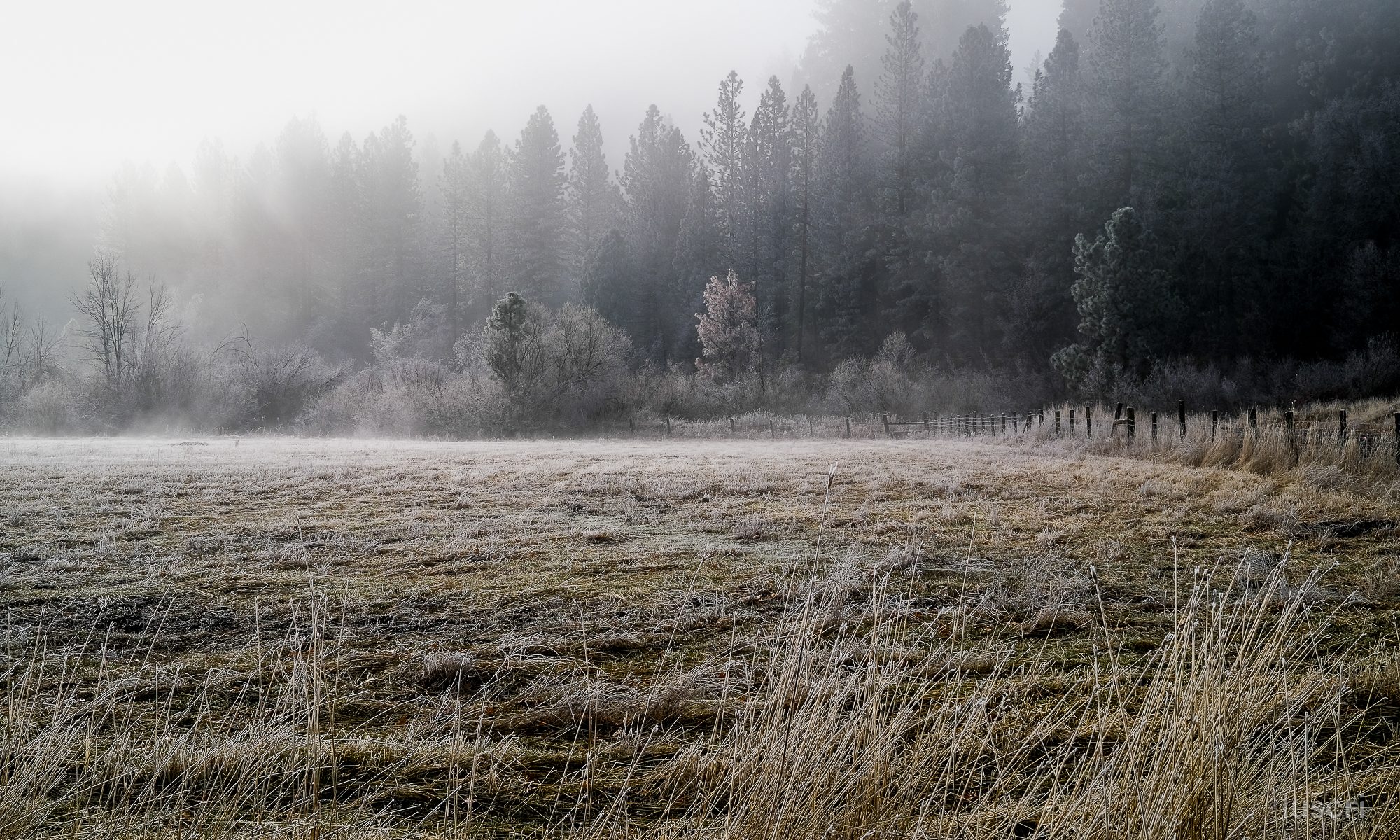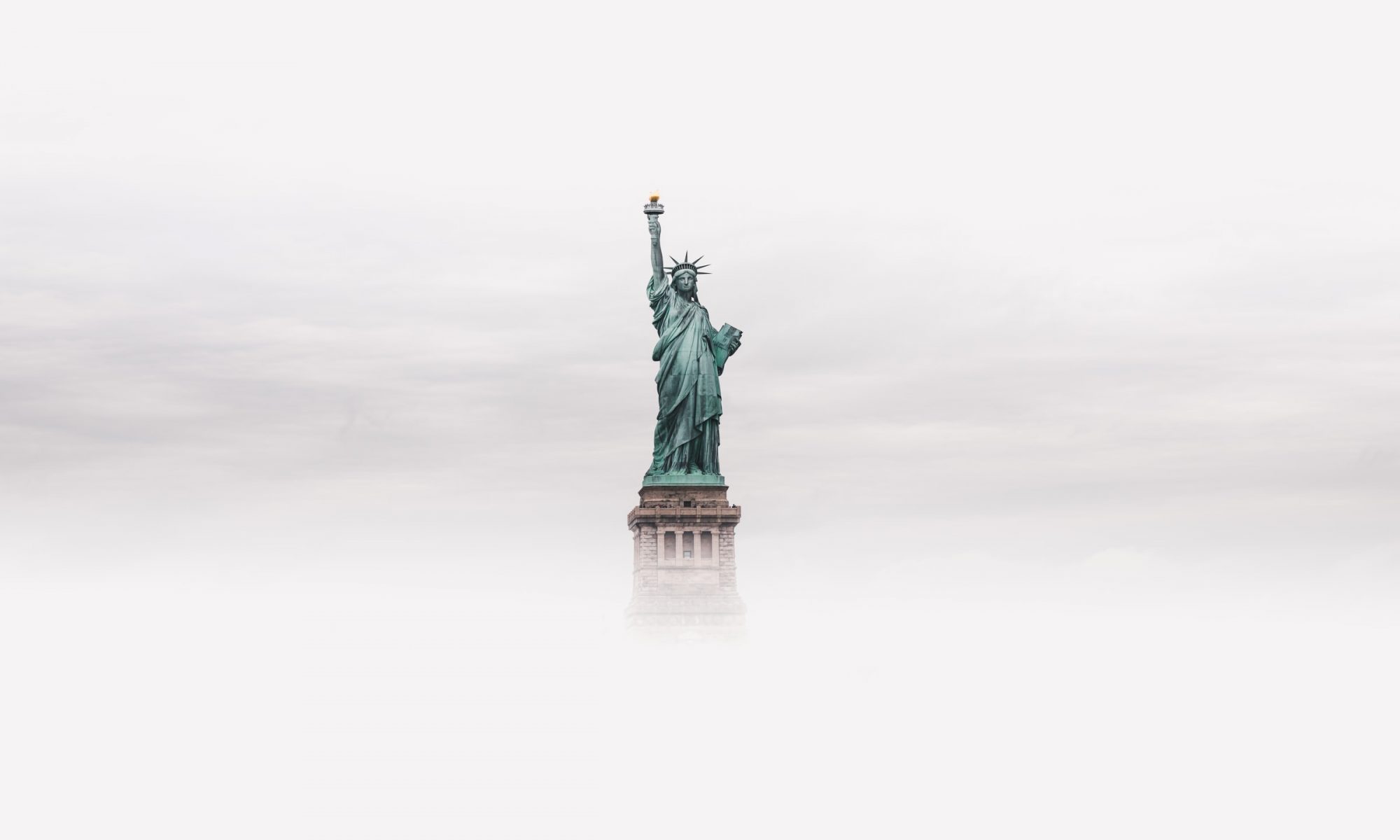We become not a melting pot but a beautiful mosaic. Different people, different beliefs, different yearnings, different hopes, different dreams. ~Jimmy Carter
Let’s talk about the dream that once made our nation strong. This vision has nothing to do with differing anything. Where once our differences were incidental; they’re now monumental. What can we do to overcome our obstacles and achieve real unity? Rediscover our shared American Dream.
The American Dream once beckoned hopeful immigrants to come for the chance to build new lives through opportunity and freedom. If they could only get to our shores, they reasoned, they could work hard to become citizens in a nation that, far from perfect, afforded them the best chance to build new and better lives.
What happened to the American Dream? It’s been lost to the limiting, shaming and militant god of cultural diversity. If my grandfather had arrived in 2021 instead of 1909, he would find a once promising and relatively united country torn and tugged by division and a glorification of all things different.
Building barriers, not bridges
Instead of discovering a diverse nation of fellow immigrants and new citizens united by a shared dream, he’d be encouraged to cling to his cultural heritage and to resist embracing American culture—the very culture his family had scrimped and saved and sacrificed everything to join.
My grandfather would be confronted by his supposed “white privilege” even though he was more olive than white. America’s diversity dealers would demand he accept his white guilt and embrace his tribe. They don’t build bridges; they build barriers by glorifying differences.
Our once shared American Dream has been trampled and trumped by a small, but vocal minority who decry its legitimacy. A dream that galvanized generations of immigrants has been replaced by a glorification of cultural diversity.
There’s nothing wrong with cultural diversity per se—but there’s everything wrong with it when it divides rather than unites us. Diversity, with the right perspective and emphasis, makes us uniquely American.
Diversity as America
What began as a rekindling of interest in our rich ethnic and cultural origins has become an elevation of all things diverse. And by making diversity an obsession, proponents have denigrated the idea of conforming to a shared national identity.
Here’s a fun factoid:
According to the Online Etymology Dictionary, the word “diversity” only acquired a positive connotation as recently as 1992. Since then, diversity means so much more than … well, what it actually means.
Contrary to our leaders in education, politics and the spirit of the age, diversity does not make for a Utopian paradise of differing and self-contained, yet somehow cohesive mini-cultures. Neither does it weave a strong national tapestry or create a beautiful mosaic. What did diversity mean before its meaning was co-opted?
Diversity is rooted in a Latin word for disagreement, which naturally occurs when people of differing cultures, ethnicities, religions and worldviews come together. Diversity is a close cousin to discord, which is inevitable—just as my words will create discord. Worthwhile diversity is about commitment, not division.
Commitment is constitutional
In America, what unites people with differences is a commitment to a common dream: Life, liberty and the pursuit of happiness. This is a central tenet of our Constitution, which, by the way, immigrants swear by before they become citizens.
The oath, in part, is this: I hereby declare, on oath, that I absolutely and entirely renounce and abjure all allegiance and fidelity to any foreign prince, potentate, state, or sovereignty of whom or which I have heretofore been a subject or citizen; that I will support and defend the Constitution and laws of the United States of America … that I will bear true faith and allegiance to the same.
Renounce allegiance … bear true faith? These words confirm a commitment to a uniquely American way of thinking, an embrace of uniquely American values and dreams. The words of the oath are a commitment to … dun dun DUN … assimilation.
Assimilation good, tribalism bad
Sadly, assimilation has been made a dirty word just as “melting pot” has been made a dirty phrase. Here’s the truth—an immigrant cannot truly commit to becoming an American nor fulfill his or her oath without assimilating.
The idea that successful immigration can occur without assimilation is a relatively new construct—and it’s naturally illogical. A foolish, mouthy minority has convinced a generation of young minds that a culture with differing beliefs, yearnings, hopes and dreams makes for a stronger society and nation. This is nonsense.
Here’s more truth: A culture with different people with differing beliefs and points of origin can be strong—but only if its people are united by a common dream.
Consider the world-changing actions of our “Greatest Generation.” Ask an elderly American what made his or her country great. They certainly don’t cringe at the mention of a melting pot. If they’re honest—and most are—they’ll tell you Jimmy Carter is full of it.
Issue of the heart
This quote by a much more effective president make much more sense: “Citizens by birth or choice, of a common country, that country has a right to concentrate your affections.” ~George Washington
This seems like “nationalism” because it is. Is nationalism also a dirty word? It is now. Somehow, to be a nationalistic nation is to be a racist one—even though our country have been its strongest, wisest and best when we’ve been the most nationalistic. Is it wrong to be a nationalistic superpower? Not when a nation balances its greatness with goodness.
The greatest nations in history were powerful, altruistic and influential in their time. And they were nationalistic … without being Nazi. Take this test: Think about the word nationalism. Does Nazi or Alt Right come to mind? If so, have you been influenced by an ideology?
Conversely, if nationalism makes you think about our nation coming together after Pearl Harbor or 9-11, maybe your mind is still free and historically sensitive and unencumbered by propaganda.
Logic over lunacy
Let’s look at this logically. Allow me to ask some penetrating questions regarding this diversity-as-virtue motif:
When athletes on a sports team hold differing beliefs about how to reach their goal of winning a championship, will they be as likely to become champions? If soldiers in an army have different ideas about how to win a battle and aren’t willing to follow the battle plan, will the army be as effective a fighting force?
When employees of a company don’t conform to a singular business model to achieve profitability, will the company stand the best chance to succeed? If we hold differing beliefs, yearnings, hopes and dreams, can we be strong as a nation?
Never too late
Yes, we can, but only if we lose the hyphen and see ourselves as Americans first and foremost. We desperately need to re-examine this infatuation with elevating and glorifying cultural differences. If you want to appreciate other cultures, please do so, but don’t do it at the expense of a shared American culture.
The opportunity to pursue happiness and the American Dream can be as inviting, accepting and amazing for us and our children and grandchildren as it was for our great-grandparents and their parents.
We’re different, but let’s be different together—as Americans. Let’s resist the diversity despots who create barriers between us by glorifying our differences. By coming together, we can recapture what Americans do best—excel by pursuing a shared dream of freedom, opportunity and goodness through commitment.

